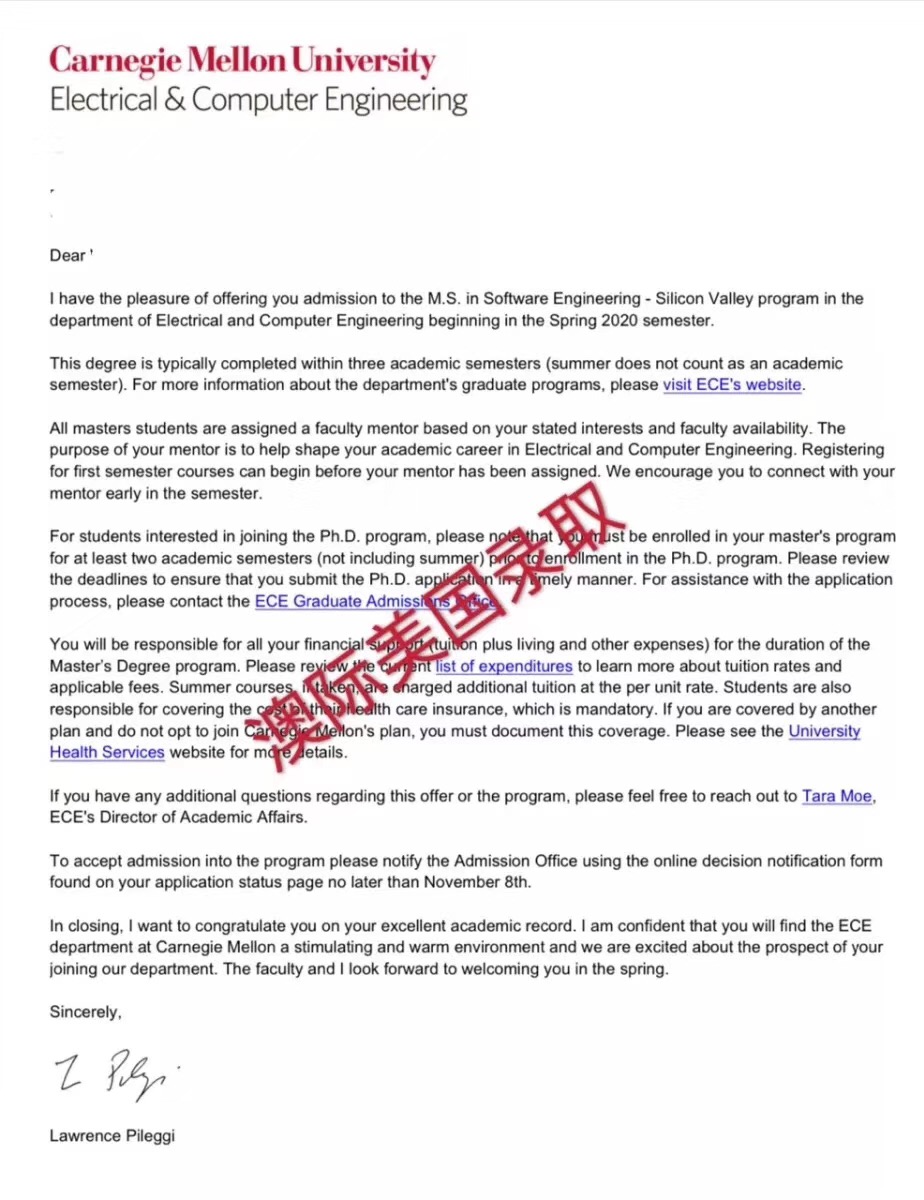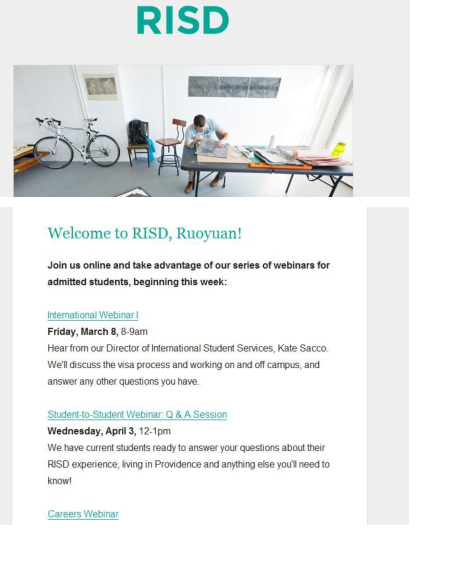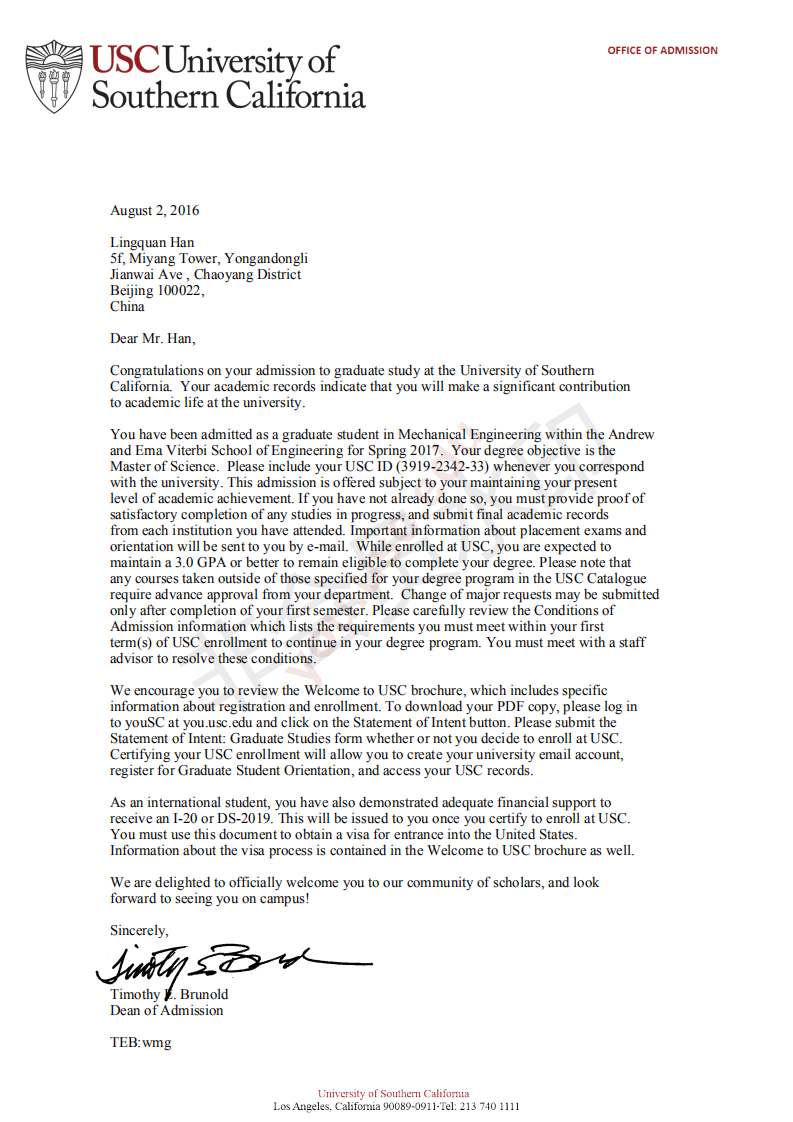What is some general advice for a new PhD student?
2017-03-23 664阅读
I have a PhD admit in the ECE department at the Johns Hopkins University. I start my PhD study this fall semester.
Quara原文链接:
KEVIN'S ANSWER 859 upvotes
Kevin Lin, PhD Math
Some things I wish someone had told me bore I started grad school:
1. Understand that, after the first year or so, the PhD is mainly about doing research. So make sure that you're committed to research (as opposed to other things such as teaching).
2. Understand that research is very difficult. 99% of your ideas will be wrong. Be prepared to constantly feel stupid. Expect to get stuck many many times. To succeed in grad school, you must embrace your stupidity and ignorance: The importance of stupidity in scientific research
3. When looking for an area of specialization, there are many things to consider. Your personal passion and interest level in the topic is of course important, but also consider how much other people care about the topic, the availability of strong and helpful advisors and colleagues, and the prevalence of open and doable problems in the area. You will get stuck, so it's important to have good colleagues around who can help you when that happens.
4. On that note: know that research often works best when it's collaborative; so don't isolate yourself — talk to other people and learn from them.
5. Be carul with areas that seem trendy or sexy — they may well become less trendy later on. Trendy topics also tend to attract a lot of attention and talent, making work in those areas very competitive.
6. When it comes to doing research, it is often tempting to try to read all of the background papers and material bore trying to start working on something. The problem is that the academic literature is often very vast, and if you do this, you will never finish. In any case, it is usually better to start by working on small bite-sized problems that don't require a lot of background. In my experience, the best way to build up background, anyway, is not by reading but by working on small problems.
7. In most cases you are not going to find revolutionary new results — nor should you be expected to. It is far too easy to romanticize research and then get painfully disappointed when your results are modest. Of course you can aim to find big results and to solve the big problems but know that new knowledge progresses in baby steps and a PhD is just that: a baby step towards something hopully greater. It doesn't need to be anything more and you don't need to stress yourself out trying to make it more than that.
Good luck! A PhD is a challenging expedition to the frontiers of human knowledge. No matter the outcome, you will gain and learn a lot (about your field and also about yourself). Here's a painting that I feel is appropriate:

"Wanderer above the Sea of Fog" by Caspar David Friedrich
BEN'S ANSWER 187 upvotes
Ben Y. Zhao, Professor of Computer Science at UCSB, PhD Berkeley
There are some good answers here, I'll try to add some and maybe emphasize a couple of others. 1. Put your ego aside.
Recognize that when you enter a phd, you are entering a very small population of generally very accomplished students. So you are likely to feel like a smaller fish compared to your peers, even if you are used to being the standout. That can be a humbling experience. Also note that you'll be learning a different way of thinking that is quite a change from undergraduate studies. Instead of following instructions and doing what you're told, you'll need to lead and drive ideas, think hard about problems that may or may not be solvable, and openly question your advisor and peers. But you'll get most of it wrong. You'll make a huge number of mistakes, just like everyone else through the process. The better you can put your ego aside to listen and learn, the faster you'll mature, and the more productive and accomplished you'll be. 2. Work like you've never worked bore.
Graduate school is and should be much more challenging than your undergraduate experience. You'll be competing to come up with ideas, derive and test hypotheses, publish and present results. To get the best jobs, you'll need to outperform not just the students around you in the group, in the department, but around the world in your field of research. Every single little advantage you can bring to bear, whether it's outworking others, paying more attention to details, networking to learn from others, ... whatever advantage you can find, you need to leverage. 3. Focus.
Doing PhD is about being the world expert on a particular research area, and if you're fortunate, create your own little area of rest research. Yet everyone has limited time, energy, and attention span. So you should focus your time and energy on research, and minimize your involvement in other activities. Sorry, I know some readers will think you'll be giving up on a balanced lifestyle, and that's horrible. But it's true. There's no balanced lifestyle in a PhD. The best students who excel in their PhD career are those who have poured their souls into their research, leaving little time or energy for anything else. A student's life at home with a significant other might suffer, but hopully the partner is understanding and supportive. Ultimately, you have to remember that the PhD years are more important than any other time period in your life. Whatever you do, however you perform, will basically determine the quality of life you have for the rest of your life. Intense focus and work will make the difference between having your choice of any research, academic or startup position out there, or having little career choices when you graduate. I know of no other situation where the fort you put into work can have such a dramatic impact on the remainder of your life. On one extreme, you could graduate and choose between a $150K/year tenure-track faculty position at a well-known university, great research position at a top lab (Microsoft Research, or Google's research SWAT team with JfD), or a top position at a hot new startup with loads of options. On the other extreme, you might find yourself working as a software engineer at a local startup, at a position that you might have gotten with a MS degree alone.
BRIAN'S ANSWER 122 upvotes
Brian Farley, Molecular and Cell Biology Postdoc, UC Berkeley
Talk. To. Everybody. I can't stress this enough. The nature of research tends to attract introverted people, which makes this even harder to do than usual, but your network is the single most valuable thing you'll take from a PhD program. While you're working on your PhD, the community you're a part of will be a constant source of ideas and inspiration if you allow it to be. Research is way more collaborative than it seems on the surface, and it is extremely important to keep yourself surrounded by people who will critically listen to your ideas. When your PhD goes bad (and it will), your colleagues will be the first line of your support network. So, cultivate relationships as early and often as you can!
立即咨询留学咨询
更多出国留学最新动态,敬请关注澳际教育手机端网站,并可拨打咨询热线:400-601-0022
留学热搜
相关推荐
- 专家推荐
- 成功案例
- 博文推荐

Copyright 2000 - 2020 北京澳际教育咨询有限公司
www.aoji.cn All Rights Reserved | 京ICP证050284号
总部地址:北京市东城区 灯市口大街33号 国中商业大厦2-3层









高国强 向我咨询
行业年龄 13年
成功案例 3471人
留学关乎到一个家庭的期望以及一个学生的未来,作为一名留学规划导师,我一直坚信最基本且最重要的品质是认真负责的态度。基于对学生和家长认真负责的原则,结合丰富的申请经验,更有效地帮助学生清晰未来发展方向,顺利进入理想院校。
陈瑶A 向我咨询
行业年龄 17年
成功案例 5146人
拥有大量高端成功案例。为美国哈佛大学、宾夕法尼亚大学等世界一流名校输送大批优秀人才。
齐亚楠 向我咨询
行业年龄 15年
成功案例 4070人
商科案例有哥伦比亚大学等,工科案例有麻省理工大学等,艺术案例有罗德岛大学等。
李君君 向我咨询
行业年龄 15年
成功案例 4157人
成功案例涉及美国排名前60的院校,专业涵盖商科(金融,会计,管理),工科(生物工程,化学工程,计算机科学,电气工程)等热门领域。